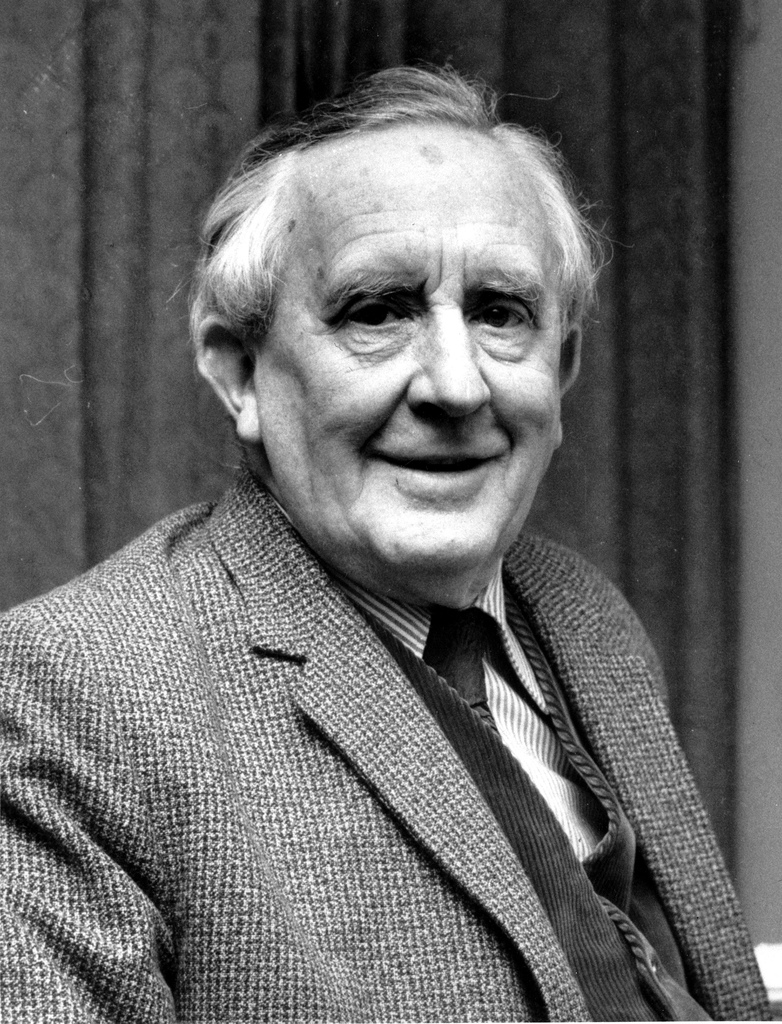As a young student committed to make a change in today’s world, I have been struck by our society’s lack of optimism concerning certain people. Indeed, I often hear sentences like: “this person is a lost cause and we cannot do anything for him or her”. This sentence mainly concerns people who are poor or those whose actions are harmful for society, such as robbers or killers. In fact, we often forget that the good lies in every human being and that those people can change, either by their own will or by the help of society. Here lies optimism about human nature.
I recently watched the trilogy The Lord of the Rings inspired by J. R. R. Tolkien’s best sellers and I was struck by the way Tolkien refuses to polarize the world into two poles: the good and the evil. He rather considers that people can both act in a good and bad way and shows that they can always change their condition. In the first book for example, one of the members of the fellowship of the ring, captain Boromir, is tempted by the ring which would give him power over the Middle Earth. He therefore starts becoming evil by trying to steal the ring from Frodo. Even though corrupted by the ring, he finally realizes his mistake and redeems himself by trying to protect his friends and asking twice for forgiveness before dying. Another example of Tolkien’s optimism about human condition is the creature called Gollum. This ugly character enslaved and perverted by the ring can be seen as a bad person, deserving to die because of his corruption. However, when Frodo calls him by his human name “Smeagol”, Gollum is freed from his dependency to the ring and starts to become a better person, trying hard to guide his “master” on his way to Mordor.
This tale about human nature reveals people’s inner strength and faculty to overcome their weaknesses and to strive for a better life. Therefore, we could ask ourselves the following question: why should we care about those called the “hopeless people”? Because there is always this capacity within them to change, to turn their back to the bad and to look for the good. This capacity, according to Thomas Aquinas, is freedom. Indeed, Saint Thomas explains that freedom is the means to reach human excellence and to fulfill human destiny by a life of virtue. Therefore, if someone tries to live in a truly human way, he/she will manage to reach the good. Thus, even the weakest and most evil people can become better, if they decide to lead their lives to the good.
However, despite everyone’s ability to become better, society has the responsibility to awake this inner strength for change within the most weak and vulnerable. From my own experience as the manager of a charity dedicated to helping homeless people in the streets, I have realized those people are not desperate for living but instead look forward to being considered as human beings, with their dignity being respected and comprehended. In the Lord of the Rings, if Frodo didn’t shed light on Gollum’s humanity and capacity to change, he would certainly not have changed. Therefore, it is everyone’s duty to promote the dignity and value of the most vulnerable and poor so they realize the beauty of their lives and strive for a better life.
As the value of human life is based on our dignity and our capacity to change, we should always consider and see freedom in Thomas Aquinas’s terms if we want to help those most in need. Our capacity to see the good within every human being is what we can call optimism about human nature. It is by acquiring this capacity that we will be able to build a more just and truly human world.
Written by Briac Cherel, a regional intern at the World Youth Alliance Middle East office.
If you’re interested to seeing more films that reflect more deeply on what it means to be human, you may refer to our WYA film list. It is a selection of films that explore the truths of the human person and the drama of the human condition.








